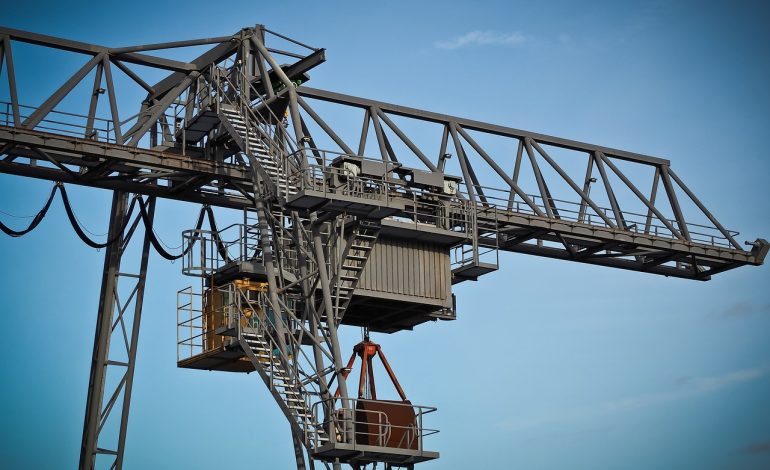
When construction projects reach skyward or heavy materials need precise placement, cranes become indispensable workhorses. However, these powerful machines require systematic evaluation to ensure safe operation. Professional crane inspection involves comprehensive assessment of mechanical components, structural integrity, and operational systems.
The inspection process encompasses visual examinations, functional testing, and detailed documentation. Qualified inspectors examine everything from wire ropes and hooks to hydraulic systems and electrical components. This thorough evaluation identifies potential hazards before they become catastrophic failures.
Consider the 2008 crane collapse in New York City that killed seven people. Investigation revealed improper rigging and inadequate inspection procedures contributed to the tragedy. Such incidents underscore why professional inspection services are essential, not optional.
Types of Crane Inspections
Initial Inspections New crane installations require comprehensive evaluation before first use. Inspectors verify proper assembly, test all safety systems, and confirm compliance with manufacturer specifications.
Periodic Inspections Regular assessments occur at predetermined intervals based on usage patterns and environmental conditions. These evaluations maintain ongoing safety standards and operational efficiency.
Special Inspections Triggered by incidents, modifications, or extended storage periods, these inspections ensure cranes remain safe after unusual circumstances.
Real-World Application Examples
A major construction company in Charleston recently avoided disaster when routine inspection revealed hairline cracks in a tower crane’s mast section. The early detection prevented potential collapse, saving lives and millions in project delays.
Similarly, a manufacturing facility in Pittsburgh discovered hydraulic system degradation during scheduled inspection. Proactive repairs prevented equipment failure during critical production phases.
Professional Inspection Benefits
Certified inspectors bring specialized knowledge and regulatory compliance expertise. They understand manufacturer specifications, industry standards, and regional requirements that internal staff might overlook.
Professional inspection services also provide detailed documentation essential for insurance claims, regulatory compliance, and liability protection. This paperwork becomes invaluable during audits or incident investigations.
Certified Crane Inspectors offers comprehensive inspection services across multiple states, ensuring consistent quality regardless of project location. Their expertise covers everything from mobile cranes to specialized tower equipment.
For projects requiring crane inspection services in Atlanta, professional inspectors understand local regulations and environmental factors affecting equipment performance.
Inspection Technology and Methods
Modern inspection techniques utilize advanced technologies like ultrasonic testing, magnetic particle inspection, and digital documentation systems. These tools detect flaws invisible to naked eye examination.
Drone inspections now enable safer evaluation of tall tower cranes and hard-to-reach components. High-resolution cameras capture detailed imagery for thorough analysis without exposing inspectors to dangerous heights.
Understanding how often cranes should be inspected helps facilities develop appropriate maintenance schedules. Frequency depends on usage intensity, environmental conditions, and equipment type.
OSHA crane inspection requirements establish minimum standards, but professional inspectors often recommend more frequent evaluations based on specific operational conditions.
Facilities in challenging environments like coastal areas require more frequent inspections due to salt air corrosion. Desert locations face different challenges from dust and temperature extremes.
Choosing Professional Inspection Services
Qualified inspectors possess relevant certifications, extensive experience, and comprehensive insurance coverage. They understand various crane types, from rough terrain cranes to specialized tower crane systems.
Professional services provide scheduling flexibility, detailed reporting, and ongoing support throughout equipment lifecycles. This comprehensive approach ensures continuous compliance and operational safety.
Companies like Certified Crane Inspectors maintain national capabilities while understanding local regulations and conditions affecting crane operations.
Professional crane inspection represents essential investment in workplace safety, regulatory compliance, and operational efficiency. The expertise and documentation provided by qualified inspectors far exceeds internal capabilities while reducing liability exposure.
Leave A Reply